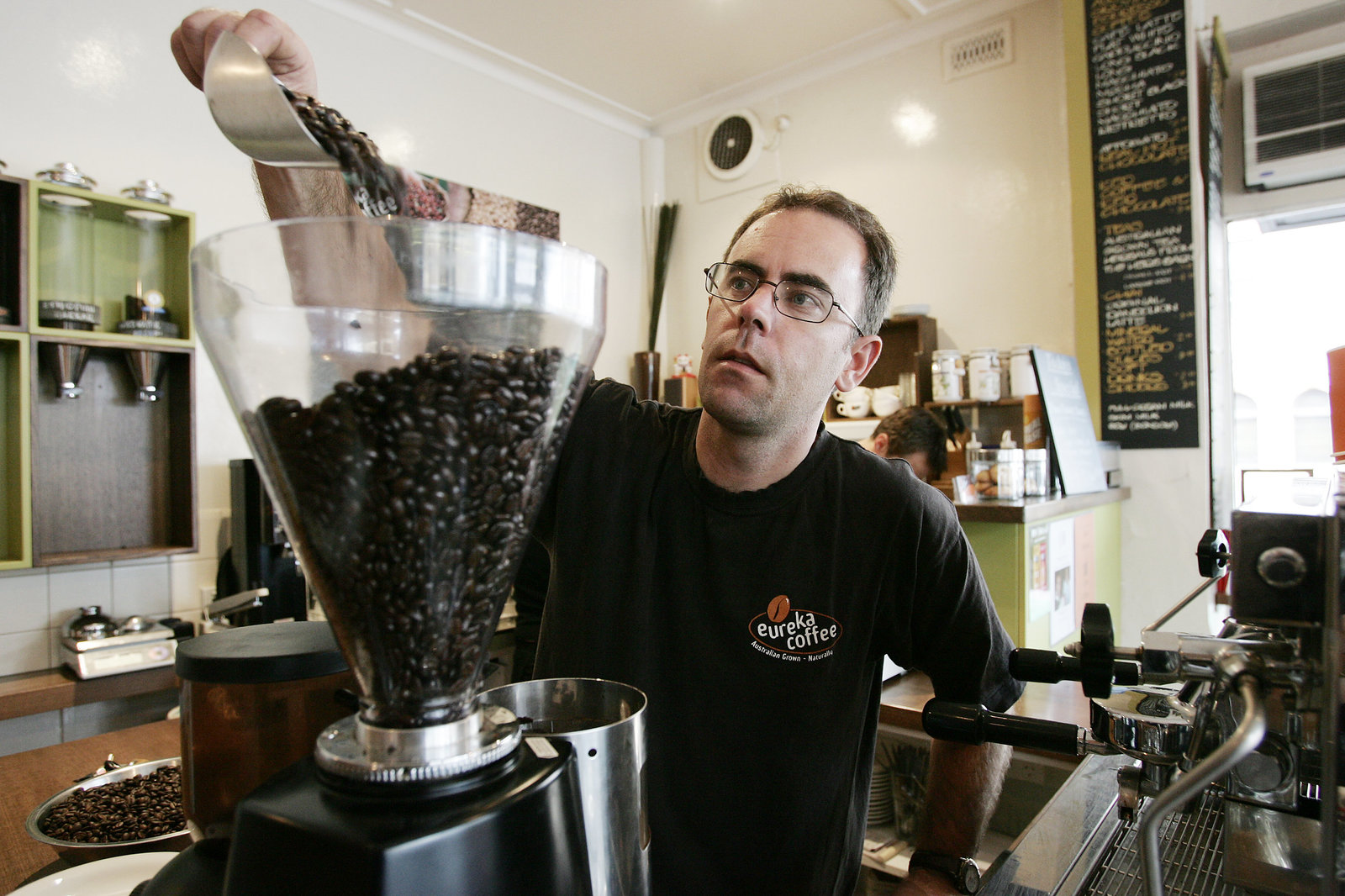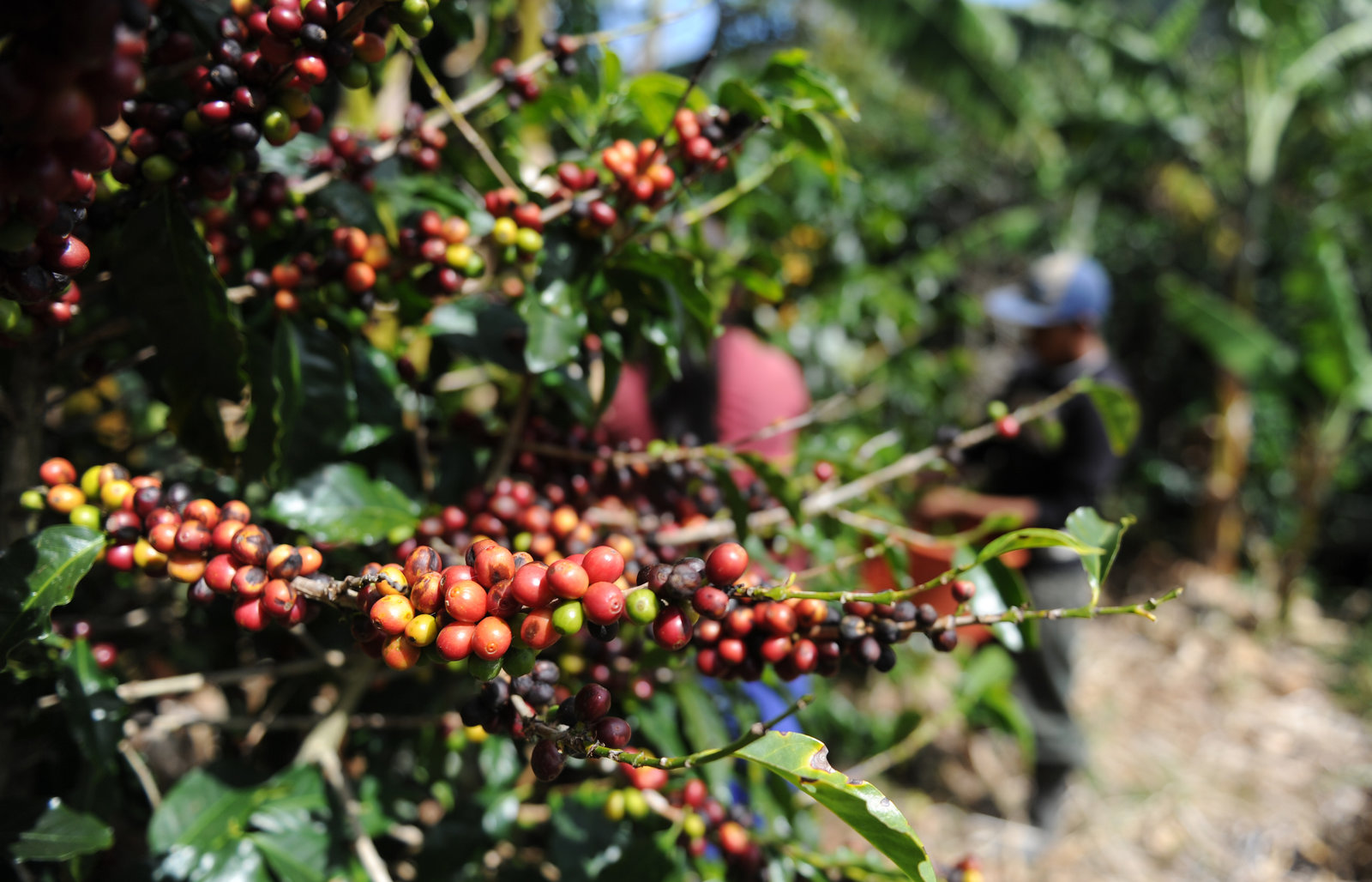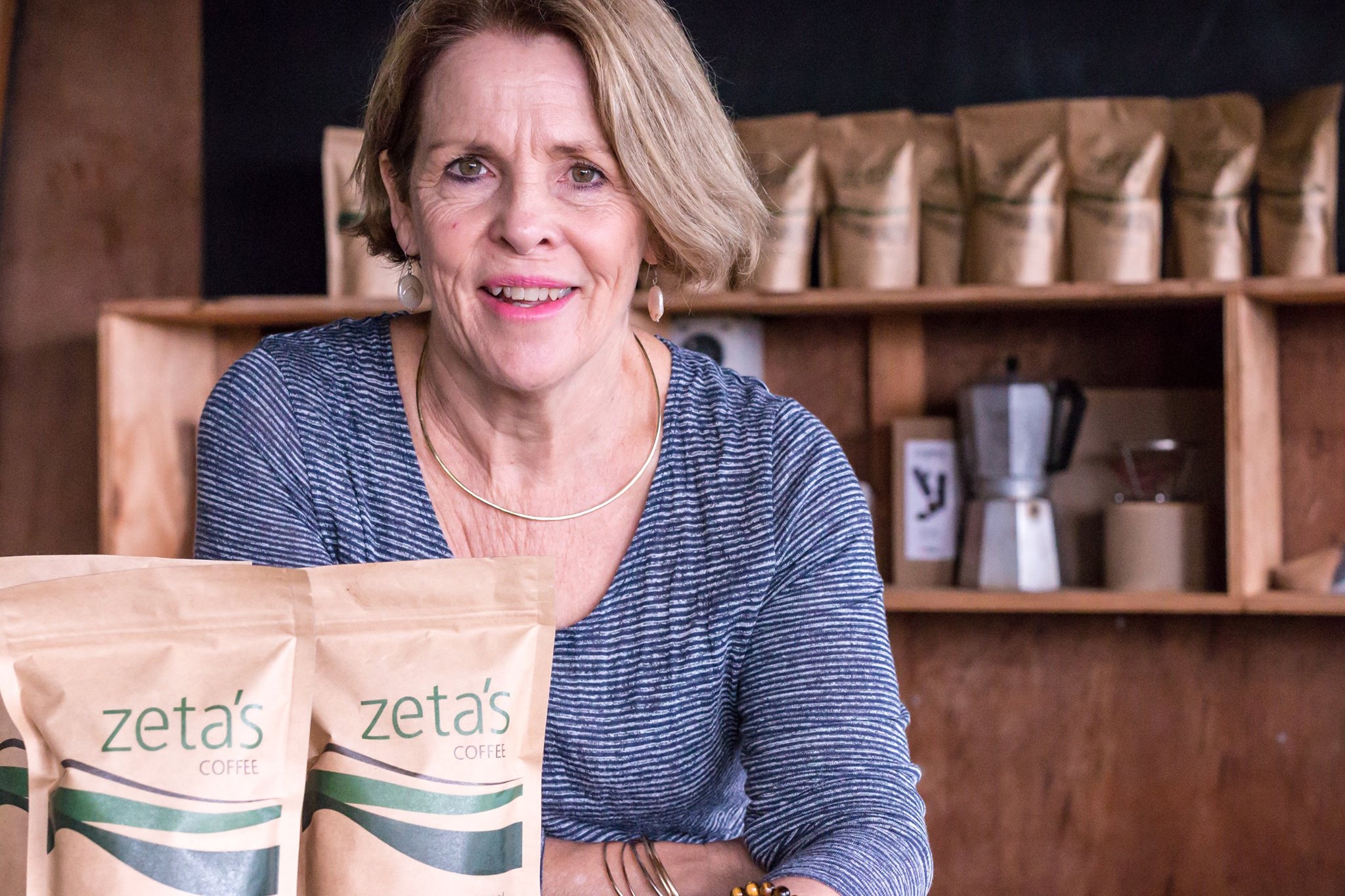Global climate change is serious, will Australia become a suitable new coffee growing area?
Professional coffee knowledge exchange more coffee bean information please follow the coffee workshop (Wechat official account cafe_style)
As early as a few years ago, the coffee industry sounded a warning that climate change threatened the supply of coffee beans. But up to now, the situation is still grim.
Greg Meenahan, partner director of the non-profit institute World Coffee Research, said: "Coffee demand is expected to double by 2050. However, if we sit back and wait for death, more than half of the world's coffee land will be reduced from suitable to inappropriate because of climate change. Without research and development, the coffee industry will need 180 million more bags of coffee than expected to meet the market. "

To improve the problem, the organization is conducting an international multi-site variety trial of 35 coffee beans in 23 countries to measure their performance in different climates, the Guardian reported. These include areas that are usually out of touch with coffee production, such as Australia, which is likely to make the biggest contribution to the coffee industry-scientists at Southern Cross University will try out 20 "climate-resistant" coffee bean varieties.
Professor Graham King, director of the university's plant science research center, predicts that extreme weather, an increase in crop pests and diseases will destroy the world's major coffee bean-growing areas. "as climate change intensifies, many tropical production areas may no longer be suitable. Australia's current advantage is that it is free of coffee rust, fruit beetles or other major pests and diseases. Compared with most of the producing areas in the world, this place is unique. "
Facts have proved that the professor's remark is true. In 2012, Central American states were hit by coffee rust due to unusually high temperatures and high-altitude rainfall, resulting in the loss of $500m in crops and the loss of nearly 350000 workers. Farmers in Costa Rica have also changed from growing beans to oranges because of drought and frequent storms. Fruit beetles also appear abnormally above 1500 meters above sea level because of untimely hot weather and high rainfall.

In recent years, climate change has become more and more serious, which has hit the cultivation of coffee beans in Central America.
Australia, on the other hand, does not have these problems, and it is precisely because of climate change that winter frost damage has been reduced, making it possible to open up more areas where coffee beans are grown. However, King criticized that the experiment would take at least five years to bear fruit, but funding from AgriFutures Australia, a federally funded agency, was exhausted in May last year. He said the agency was "poorly involved" in the whole matter.
Duncan Farquhar, business development manager at AgriFutures Australia, explained that the coffee industry has received funding for the development of new varieties since 2014 and has been invited to fight for a new round of financing. The agency's data also show that local coffee production is far from being able to meet local demand. Between 2011 and 2012, only 50 growers in Australia produced about 1000 tons of sun-dried beans, while as many as 67000 tons were imported.
According to the agency's expert analysis, coffee trees produce caffeine to ward off the threat of pests and diseases, but Australian coffee beans are born in a low-pressure environment, so caffeine is 10% to 15% lower than overseas coffee. David Peasley, an agronomist and consultant to the coffee industry, is also worried that climate change may make Australian growing areas more vulnerable to pests and diseases, and extreme weather will pose a challenge to the industry.
Some industry insiders are not as optimistic about climate change as King. Zeta Grealy says growing conditions have deteriorated since she opened the Zeta's Coffee estate on the New South Wales-Queensland border in 1994. "in the past, we had a microclimate that was very suitable for growing coffee trees, but the rainforest used to be sparse. It's all gradual-the rainfall reached 2 meters at one time, but less than 1 meter last year. "

Zeta Grealy says it is also getting harder and harder to grow ideal coffee beans in Australia.
Grealy also pointed out: "in fact, this time we have no harvest to speak of. There are only overripe fruits and completely immature flowers and fruits on the tree, which are not what we want." From the usual production of 1 ton to only 19 kilograms, she had to pin her hopes on the aforementioned experiments to produce coffee beans that could withstand low rainfall.
World Coffee Research is encouraging the industry to support its Checkoff program. Bakers can donate up to US $0.2 per kilogram of raw beans to participating suppliers to fund global trials. Wendy De Jong, Coffee Business Manager of Single O, agreed: "We call on Australian roasters and importers to fund important research on coffee and farmers by registering the Checkoff program."
Molly Harriss Olson, CEO of Fairtrade Australia, also welcomes the development of more resilient types. But she cautioned that expanding Australian cultivation would not stop climate change from hitting coffee cultivation in other countries. "more frequent and severe droughts can lead to deeper and uneasy feelings of frustration, loss, powerlessness, anxiety, stress and depression, along with an increase in suicide rates among farmers."
Harriss Olson wants coffee consumers to understand the challenges facing farmers, support brands that balance carbon neutrality (carbon-neutral) and help producers adapt to climate change, and urge the business community and governments to pursue a carbon neutral economy. "the important thing is that we all take action now. Because the future of coffee, as well as the livelihood of tens of millions of coffee bean farmers, workers and their families, are at stake. "
END
Important Notice :
前街咖啡 FrontStreet Coffee has moved to new addredd:
FrontStreet Coffee Address: 315,Donghua East Road,GuangZhou
Tel:020 38364473
- Prev

Starbucks criticizes Ruixing for being short-sighted and short-sighted, and plans to expand the scope of Chinese takeout coffee service.
For more information on coffee beans, please follow the coffee workshop (Wechat official account cafe_style). Starbucks reports its latest results and is satisfied with the growth of same-store sales. On April 25, Starbucks released its second-quarter results, bringing Starbucks shares to their highest level in the past year. Starbucks' total revenue for the quarter was $6.3 billion, compared with the same period last year.
- Next

Make 420 cappuccinos in an hour. Australian baristas set a Guinness record.
To commemorate the opening of a new coffee shop in Queensland, Australia, a female barista poured out 420 cups of cappuccino (about 7 cups per minute) in an hour and was confirmed by the Guinness Book of World Records on Thursday (25th). Cappuccino coffee is a
Related
- What is the difference between Indonesian Sumatra Mantinin coffee and gold Mantinin? How to distinguish between real and fake golden Mantelin coffee?
- What does bypass mean in coffee? Why can hand-brewed coffee and water make it better?
- Unexpected! Ruixing Telunsu lattes use a smoothie machine to foam milk?!
- % Arabia's first store in Henan opens into the village?! Netizen: Thought it was P's
- Does an authentic standard mocha coffee recipe use chocolate sauce or powder? Mocha Latte/Dirty Coffee/Salty Mocha Coffee Recipe Share!
- What is the difference between Vietnam egg coffee and Norway egg coffee? Hand-brewed single product coffee filter paper filter cloth filter flat solution!
- What is the difference between sun-cured and honey-treated coffee? What are the differences in the flavor characteristics of sun-honey coffee?
- How to make Italian latte! How much milk does a standard latte use/what should the ratio of coffee to milk be?
- How to make butter American/butter latte/butter Dirty coffee? Is hand-brewed coffee good with butter?
- Is Dirty the cold version of Australian White? What is the difference between dirty coffee/decent coffee and Australian white espresso?

